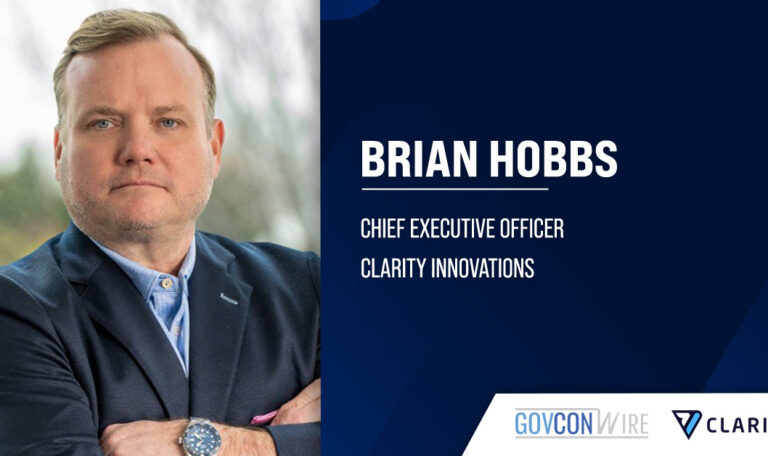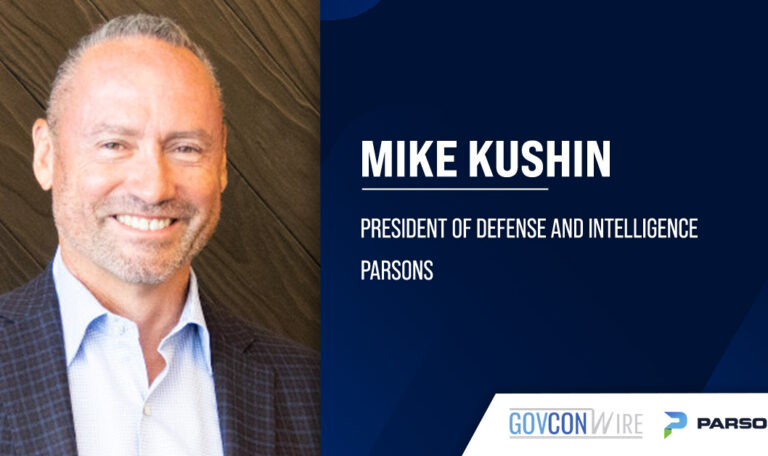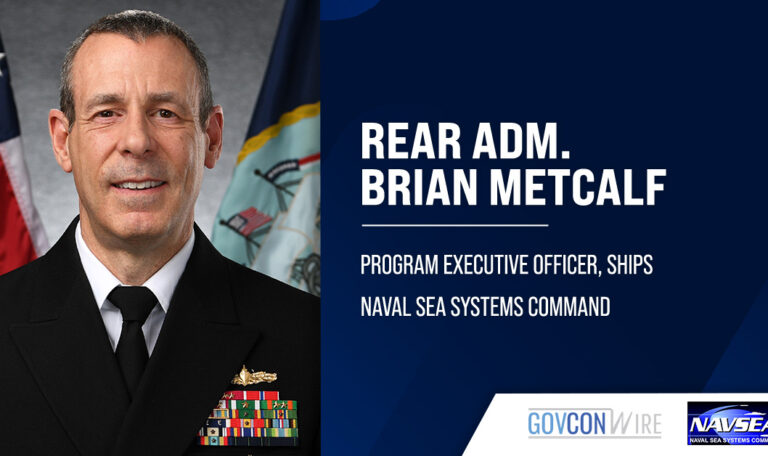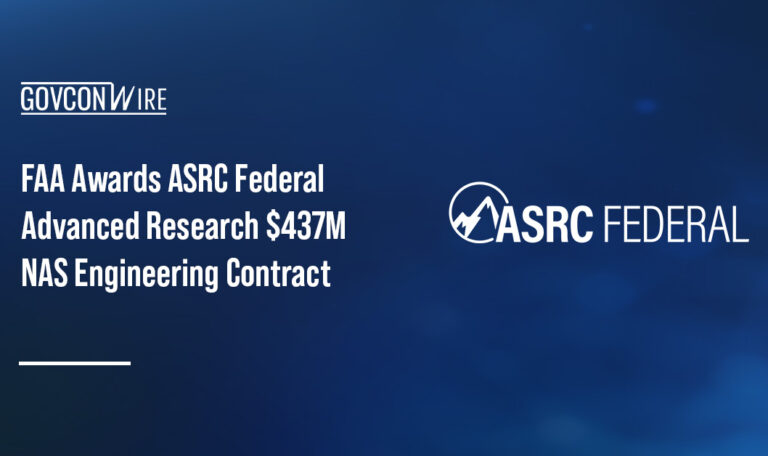As the U.S. Space Force enters its third year of operation, its leaders are prioritizing acquisition reform among the key transformational shifts the organization is expected to undergo in its pursuit of innovative technologies, advanced capabilities and more interoperable systems.
Gen. Nina Armagno, director of staff for the Space Force, cited accelerating technology procurement as a leading initiative for the Space Warfighting Analysis Center in 2022. The SWAC, which stood up in March 2021, aims to modernize intelligence, surveillance and reconnaissance capabilities to better monitor space-based threats.
In alignment with the Space Force’s push for increased acquisition speeds, the Space Systems Command was created five months after SWAC’s inception. SSC, the Space Force’s acquisitions and development field command, focuses on enhancing joint lethality through the development, acquisition and sustainment of resilient space capabilities.
Upon his appointment as the first Commander of the SSC in August 2021, Lt. Gen. Michael Guetlein outlined his vision for the command, saying that he aims to continue a cultural shift that moves the organization away from being “service providers” and more towards being “warfighters” with an active role in defense and national security initiatives.
Recently, the command announced a potential reorganization plan that is expected to more cohesively align its acquisition programs with the Space Warfighting Analysis Center’s mission focus areas and force designs.
Additionally, USSF underwent a reorganization in 2021 that culminated in Brig. Gen. Steve Whitney assuming the role of military deputy at the Office of the Assistant Secretary of the Air Force for Space Acquisition and Integration. In his position, Brig. Gen. Whitney oversees USSF’s $15 billion programs that support research and development, testing, production, product support and modernization.
These reorganization plans, in tandem with Lt. Gen. Guetlein’s digital model-driven technology development strategies, intend to accelerate progress surrounding acquisition reform and integrate resilient space architecture for digital model sharing.
To advance its acquisition process, USSF in 2021 stood up its technology innovation arm, SpaceWERX, under the U.S. Air Force’s existing AFWERX innovation unit and part of the Air Force Research Laboratory. SpaceWERX connects space officials with industry and academia leaders to develop new space technologies.
On the JADC2 front, SWAC is in the early stages of developing a military satellite communications network to support and provide a foundation for the Department of Defense’s Joint All-Domain Command and Control initiative.
As part of the Vision for Enterprise Satellite Communications, created by Wash100 Award winner Gen. Jay Raymond, chief of space operations for the U.S. Space Force, Gen. Raymond outlined his plan for building a network of military and commercial communication satellites spanning the spectrum of low Earth orbit, medium Earth orbit and geostationary orbit capabilities.
The business sector is also playing a significant role in space technology innovations as the Department of Defense works to keep pace with rapid advancements.
Lockheed Martin recently partnered with Amazon and Cisco on human-machine interface technologies aboard NASA’s Orion spacecraft. The Lockheed-built Callisto technology is designed to allow for deep space video and voice communications during the impending Artemis I uncrewed mission.
Brig. Gen. Steve Whitney and Lt. Gen Michael Guetlein are slated to deliver keynote speeches at the Space Acquisition Forum on Jan. 19.
Industry leaders from Lockheed and SAIC will join space sector officials in dynamic panel discussions focused on how public-private partnerships can boost space acquisition speeds and deliver cutting-edge technologies to the forefront of the space domain.
Visit the GovCon Wire Events page to register for the Space Acquisition Forum and view the platform’s full calendar of upcoming GovCon sector events.
















